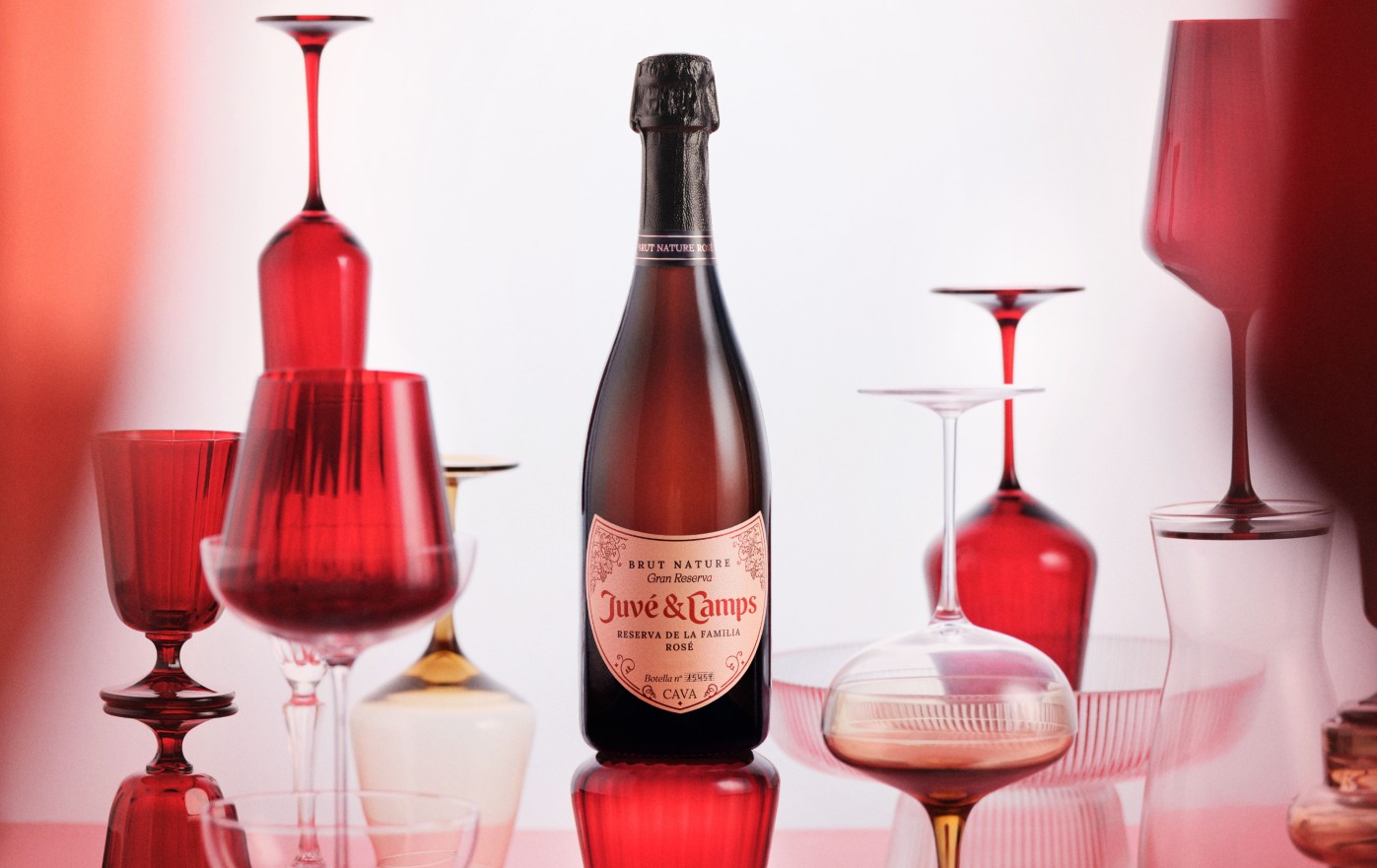Sexism in Big Beer ads: A 21st century myth
While Big Beer certainly had its low points when it came to sexist advertising, it’s the so-called “right on” craft brewers that are the worst culprits today, says Dan Fox.
According to published reports, last week’s MillerCoors distributor convention in New Orleans was notable for announcing the beer company was “modernizing” its marketing. What did they mean by that? Well, apparently it just dawned on these guys that “gender roles have changed.” The marketing brain trust for Coors Light and Miller Lite informed distributors that women should no longer be objectified in light-beer ads; that marketing beer only to frat boys is passé; and that women beer drinkers simply cannot be ignored.
There was no report on how the audience reacted to this “insightful” embrace of the obvious. After all, these distributors are already sensitive to women’s issues, having abandoned wet t-shirt event sponsorships and the like long ago without need of MillerCoors’ hectoring.
Where are the sexist BigBeer ads?
Just to confirm our suspicions that the beer industry has evolved, we spoke to several beer folks and asked them to cite current examples of sexism in beer ads. We got blank stares. Nobody could name a single recent BigBeer ad that treated women in a token, objectifying, or sexist way. Not from Budweiser, Bud Light, Corona, Coors Light, Miller Lite, Michelob Ultra or anybody else. When pressed, the best most could do was to cite examples from a decade or more in the past, like these two from, of all places, Miller and Coors…
The cunning aspect of MillerCoors announcement to distributors was its attempt to portray Anheuser-Busch as “less modern” in its marketing. In particular, the un-subtle message was that Bud Light is still engaging in frat-boy-oriented sexist ads. But that simply isn’t true.
We are certainly no fans of Bud Light’s current or prior campaigns. Our gripe is that neither the “Bud Light party” nor the “Perfect beer for whatever happens” efforts are effective advertising for the reasons we’ve stated. But the ads are not in any way sexist. They may promote the same brand that 25 years back featured Spuds MacKenzie flanked by busty party girls, but Bud Light’s ads have long since abandoned sexism. Doing so, in fact, well before Coors Light’s twins bounced into view.
Here’s the sexism!
Imagine the uproar if BigBeer ran a sexist ad like this: A raging bitch with a tramp stamp is looking for a nooner. But instead of a thong remover, the crazy bitch with her double-ds ends up getting a bitch slap.
Woah. Social media would come alive with the harshest of criticism. Boycotts would be quickly organized. It’d get ugly fast.
But this sexist marketing gambit is anything but hypothetical. Every underlined word in that make-believe ad is actually a brand name in a real-world brewery… in each case, a craft brewery. The labels on the bottles – which represent the primary communications medium for these brands – embrace and promote sexism with a boldness and disregard for propriety no BigBeer brand would dare employ.
Want to end sexism in beer marketing? Keep calling out the many craft brewers who continue to profit from using blatant sexism to sell their beer. Shame on them.
Of course, that would take courage, not grandstanding.




